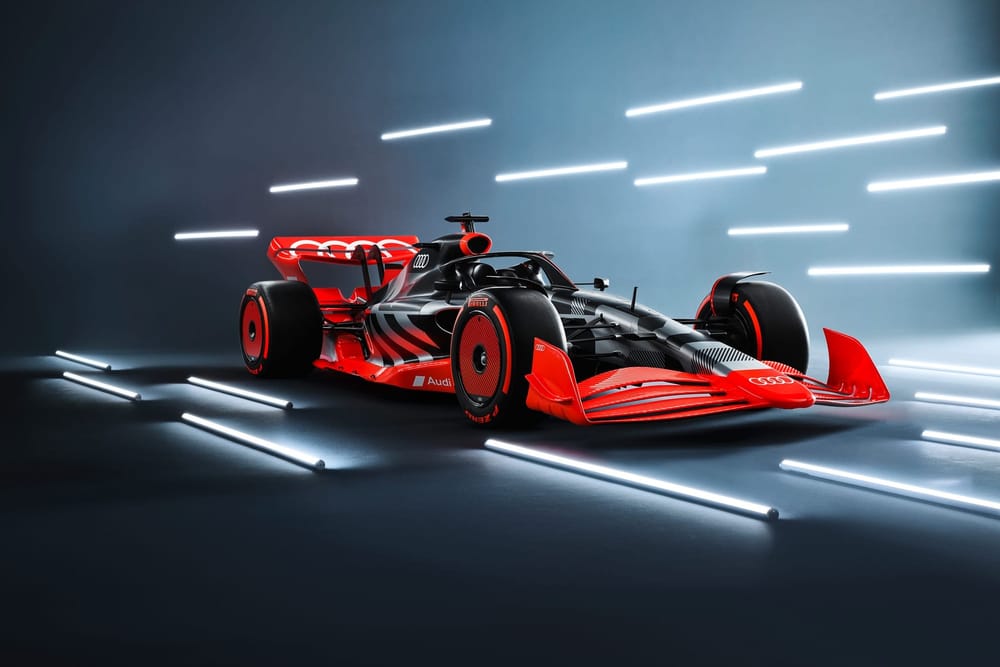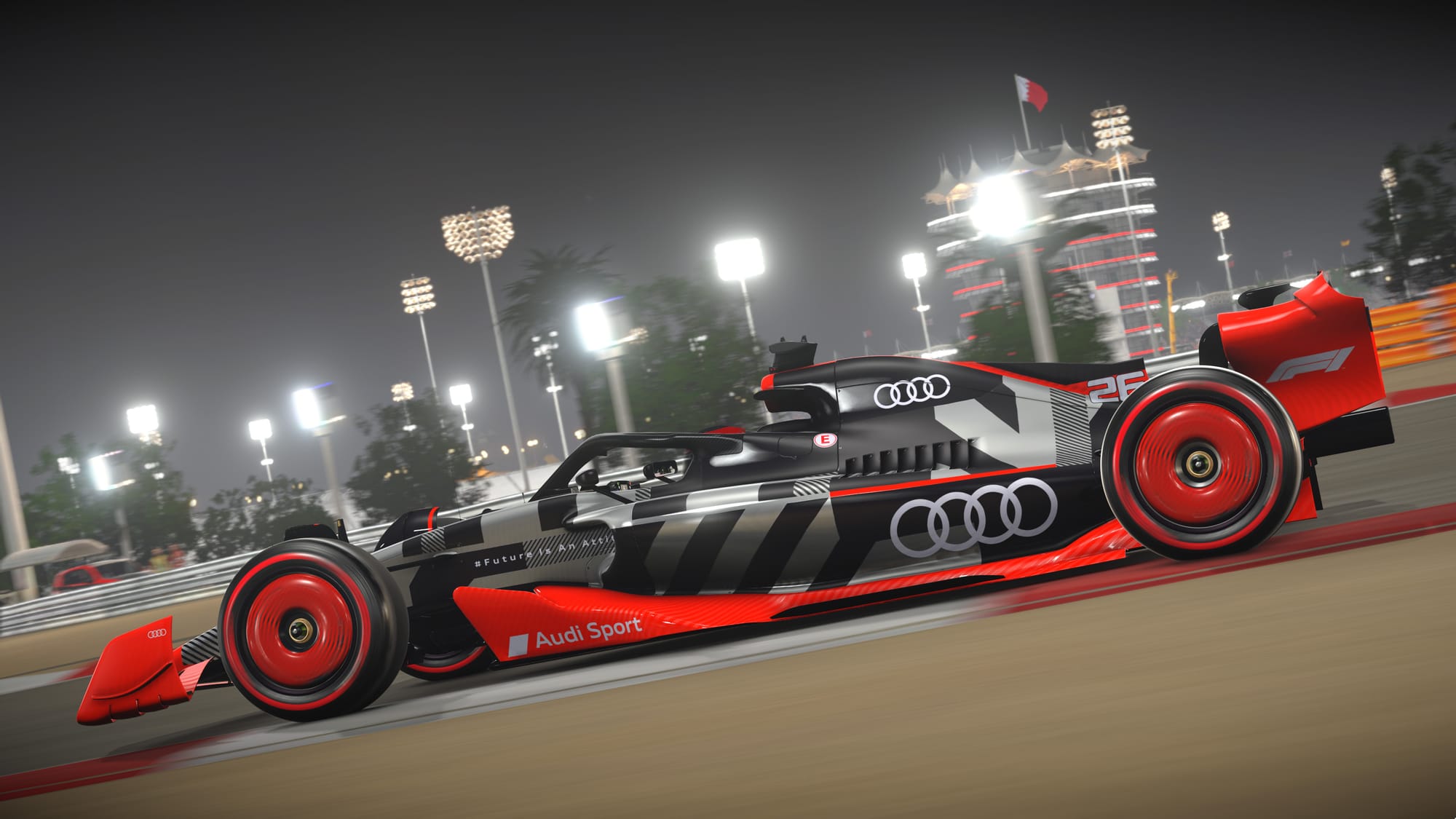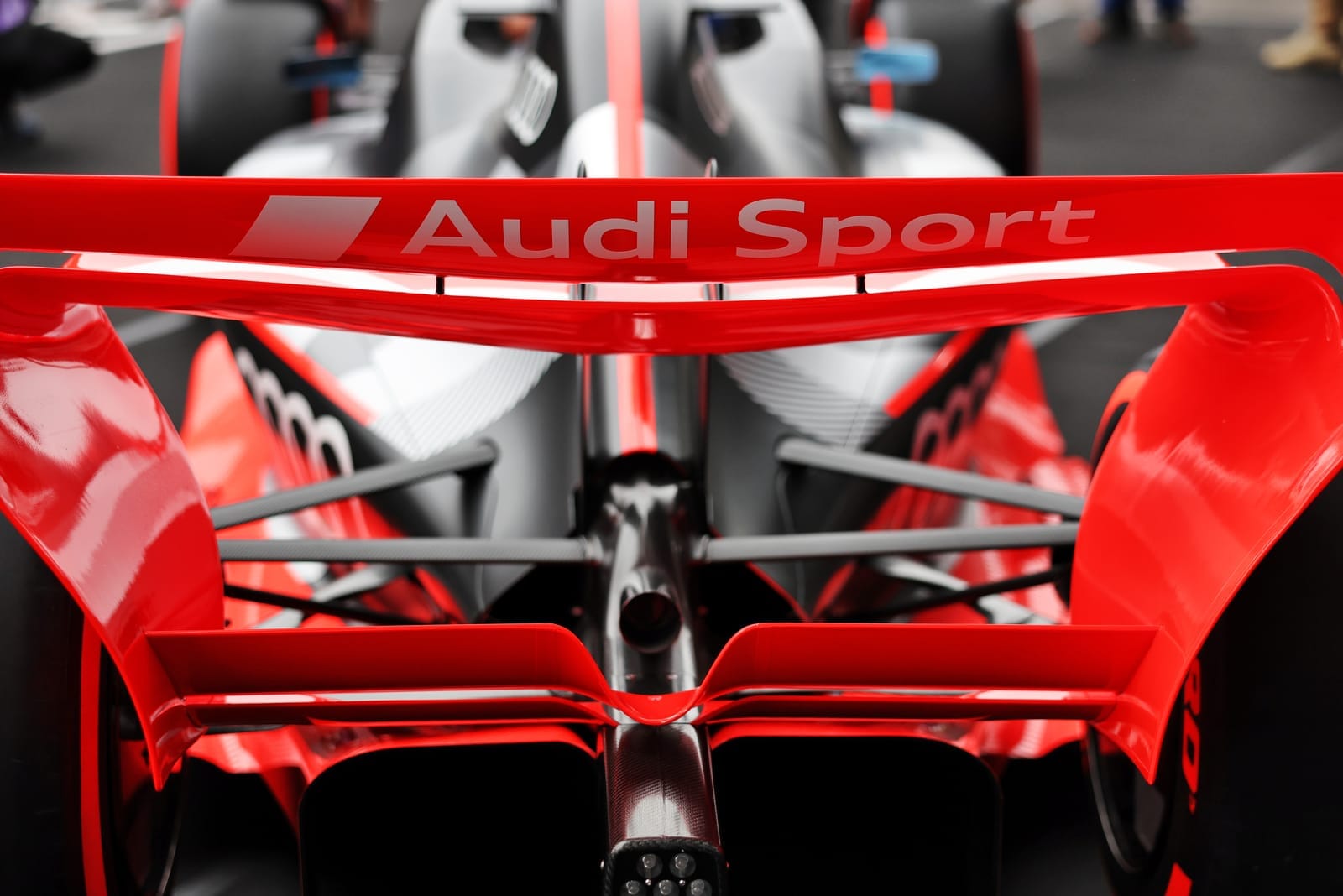Up Next

Qatar’s sovereign wealth fund is buying a substantial minority share in Audi’s Formula 1 team.
The undisclosed investment from the Qatar Investment Authority, into the Sauber company that Audi owns and will turn into its works F1 team from 2026, was announced at the Qatar Grand Prix on Friday.
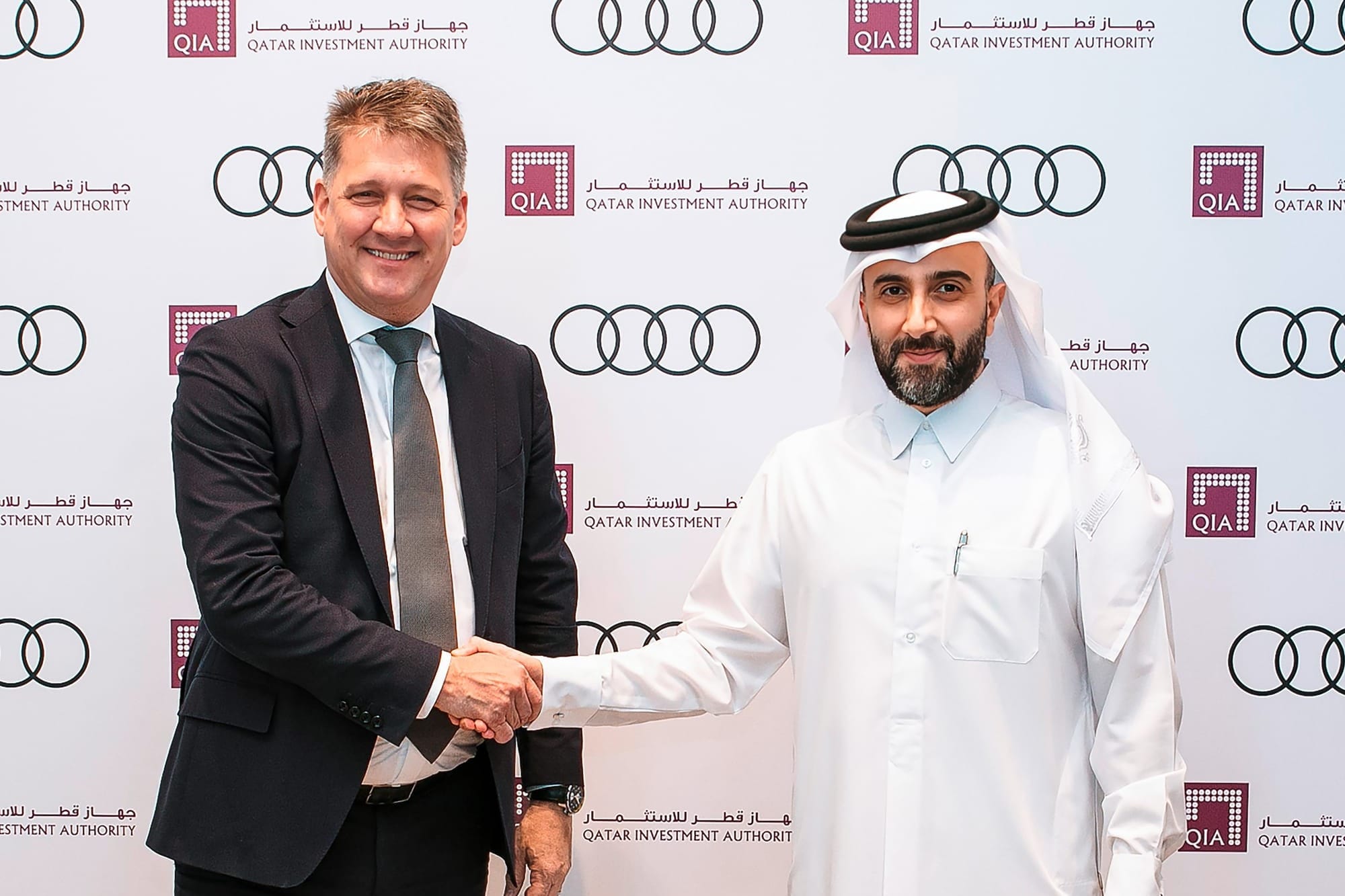
QIA will take its minority share in Sauber by the middle of next year once Audi’s initial transaction to purchase Finn Rausing’s remaining stake is closed.
It is already the third-largest investor in Audi’s parent company Volkswagen but this marks its first step into owning a competitive motorsport entity.
Audi CEO and Sauber chairman Gernot Döllner told select media including The Race that it completes a plan put in place in late-2023 when an F1 project review was undertaken following Döllner’s arrival.
“We decided that we need a bigger approach to Formula 1, and taking a partner in was part of that decision,” he said.
“Today is an important milestone for our Formula 1 project.”
12 MONTHS IN THE MAKING
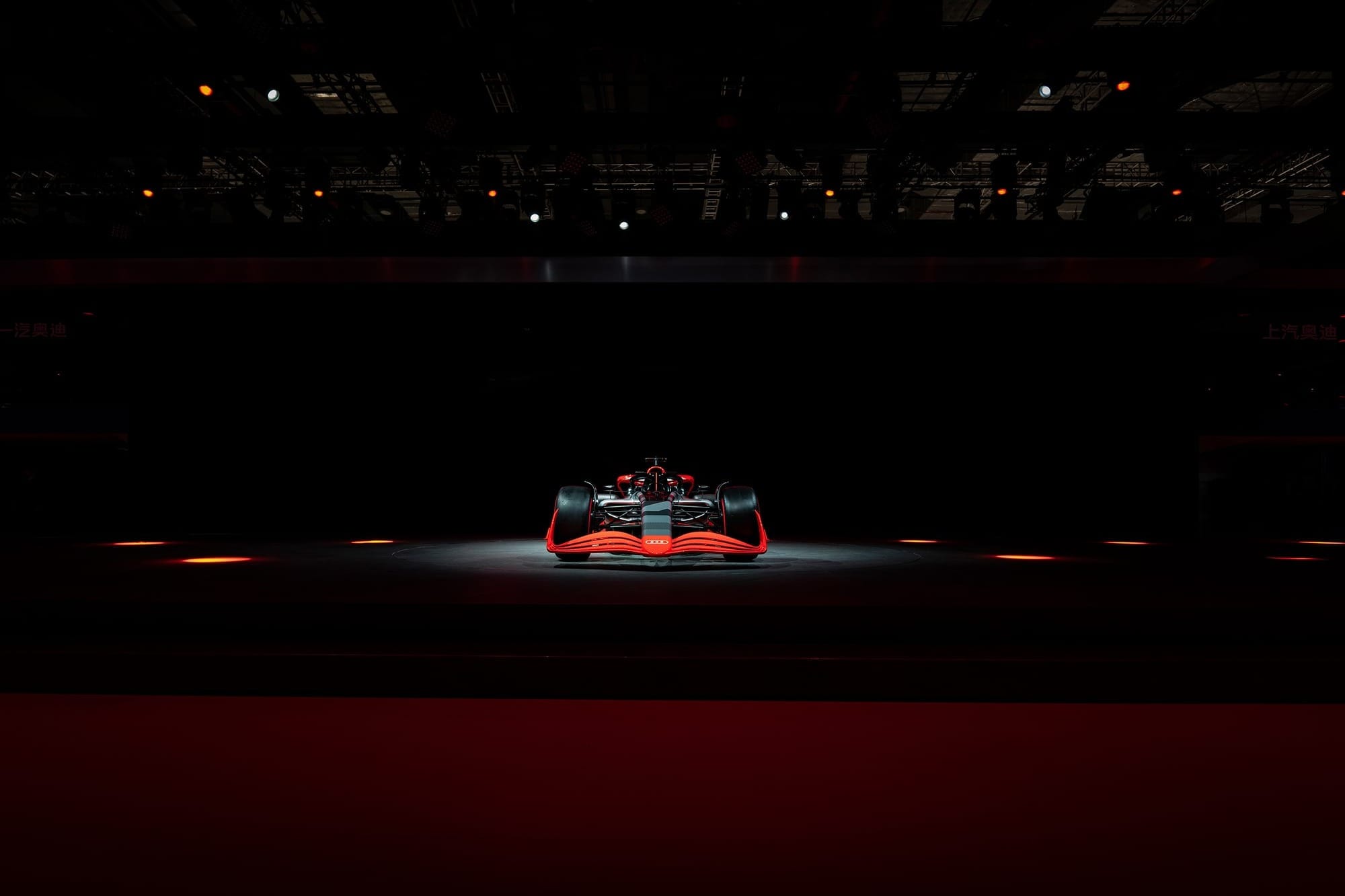
When rumours first emerged of Audi agreeing a deal with QIA it looked like a significant U-turn for its F1 team given it only assumed 100% control at the start of the year.
Audi had made it clear that increasing its original stake of 75% was critical to accelerating its preparations, while team figures have also repeatedly denied that Audi would look to sell even as Sauber entered competitive free-fall, the people in charge of the Audi F1 project kept changing, and wider Volkswagen Group problems emerged as well.
But a part-sale is different to losing a majority stake or selling completely, given it leaves Audi in charge of the F1 project with less of a financial burden to bear.
And while the QIA deal reflects the extra investment required to turn around Sauber’s headquarters in Hinwil, it turns out this was the plan all along.
“All of that was one decision, or part of the plan we formed in October last year,” Döllner said when asked by The Race if this was already in mind when Audi had communicated its 100% takeover in early 2024.
“The original contract with the previous owner of Sauber was to become a 75% investor by the end of '26. And to go the way we now completed today it was necessary to take Sauber 100% on our books first, and then being able to - not resell, but to go by a capital injection and bring money to the project.
“That was an integral part of that strategy.”
The Race has learned that it was exactly one year ago on November 29 that Audi hosted QIA representatives at its engine facility at Neuburg.
“They got an impression of our set-up, the professionalism, the long-term strategy,” said Döllner. “And from there on, we have built the plan of how to go into that partnership.”
NOT A REACTION TO COMPANY PROBLEMS
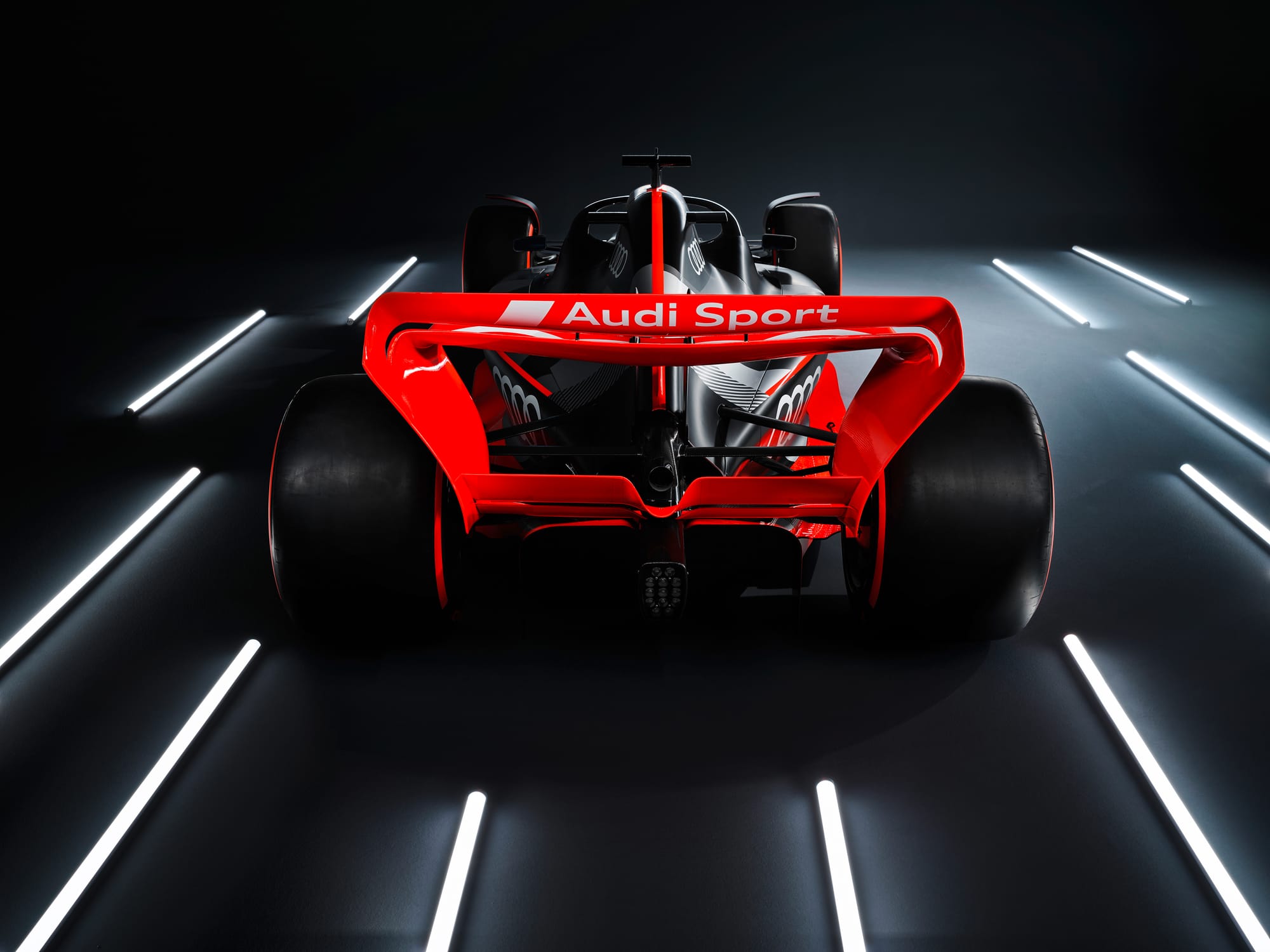
That this has been in the works for the last 12 months means it is not a direct response to the pressure Audi and its parent company are under. Döllner said those two things are “not related”.
But cutting jobs and closing factories, which has been reported extensively in Germany, mean Audi and VW are companies that have an image of being in trouble. Owning and investing in an extremely expensive F1 project while that is happening is not a good look.
When asked by The Race if this made the project more sustainable longer-term, though, Döllner replied: “I wouldn't say so.”
“To go into Formula 1 for us was a business decision,” said Döllner.
“There's a business case behind and we have a huge transformation as Audi on the corporate side we are handling, and our Formula 1 project is part of that transition to really rebuild the brand. Formula 1 is a strong pillar to showcase where Audi is aiming for.
“And to take a partner in is a success story in many other teams. You're only able to handle such a project with strong partners on board. It's also a long-term strategy.”
The justification of continuing with this project while taking the action it has as an automotive company is, essentially, that F1 is a cornerstone of the strategy to improve the fortunes of the brand. Döllner said “you can't build a future by only saving money, you have to invest”. Which Audi undoubtedly has.
But Sauber CEO Mattia Binotto admitted, in a separate answer, that the project does also become more “affordable” now, and that will help.
Purchasing Sauber while setting up its own bespoke F1 engine division at Audi’s Neuburg facility has come at immense cost. The team acquisition came in two parts. The original 75% investment was estimated to have been around €450million, but the rest is rumoured to have been valued at a revised, up-to-date figure: meaning it may well have cost Audi closer to the original investment amount to get the final 25%. The engine development will have a nine-figure spend attached to it too.
The reality of the cost of the Sauber side is a big deal for Audi, which also had to appeal to the FIA for an adjustment to its cost cap to account for salary costs in Switzerland being higher. Without that, the FIA reckoned Audi would have probably needed to close that factory and relocate it somewhere cheaper.
Funding further developments at Hinwil via external investment, and a shared responsibility of all running costs, will inevitably ease pressure at a time when the parent VW Group is taking drastic action at home.
HOW IT WILL HELP
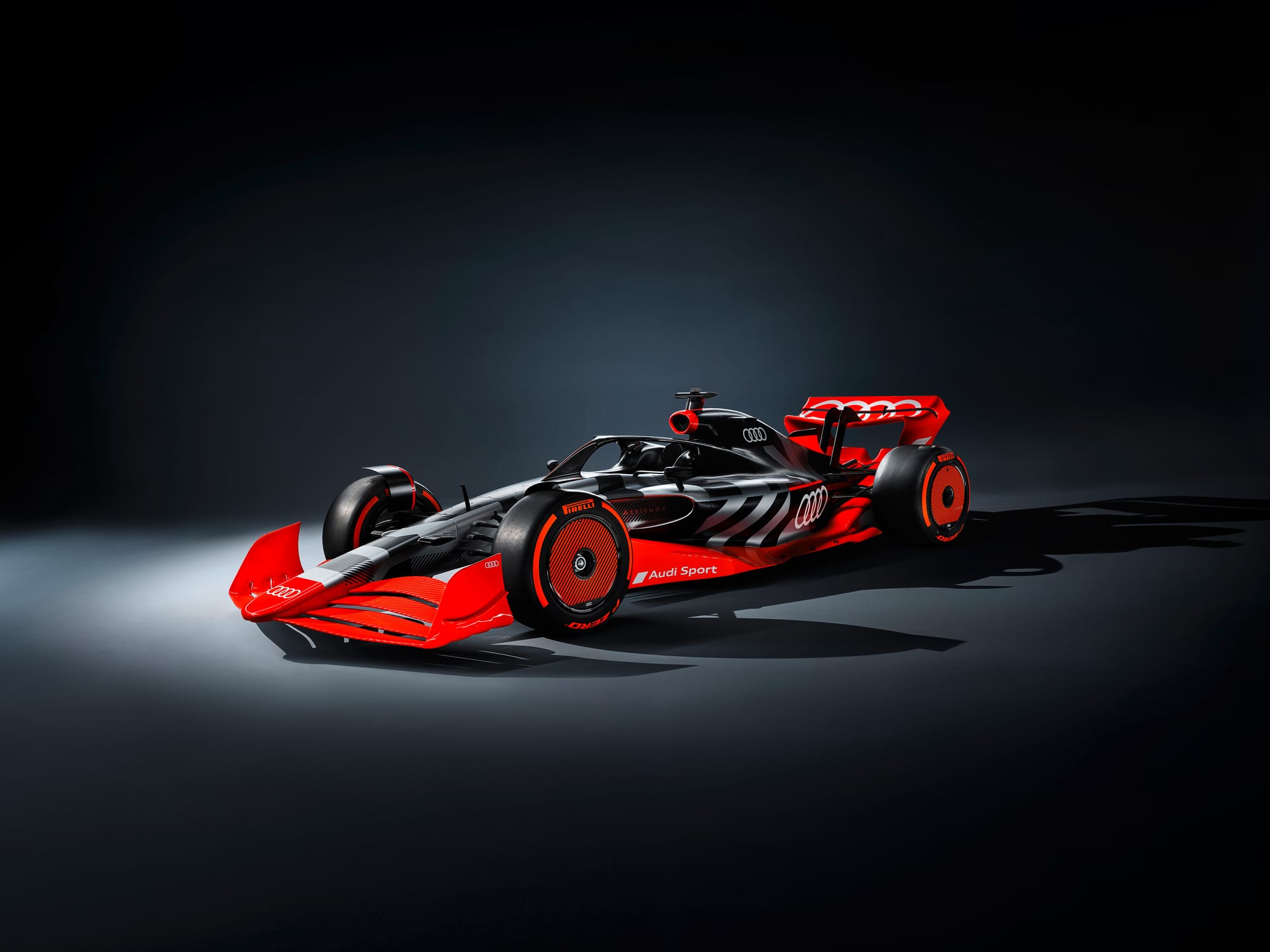
Is Audi is cashing in early on how much the value of its F1 team has increased? That is hard to judge without specific details on the stake it has sold, and at what price. The figure consistently being repeated in the Qatar paddock is 30%, though, at a considerably higher price than the one for which Audi is finalising the purchase of the final 25% of the team from Rausing.
It has certainly manoeuvred itself into a stronger position. What it paid Rausing for the last 25% was a straight share purchase. What it has sold to QIA will provide capital to be invested into the team. The net Audi spend will therefore be much lower than when it was originally going to have 75% ownership and there will be more money put into improving Hinwil as a result.
This doesn’t mean a major infrastructure project like a new windtunnel is around the corner as Binotto said he believes the existing Sauber one is plenty good enough. But he called this a “significant milestone” because the QIA investment will ultimately mean “whatever it is needed to bring the team to become a winning team”.
Binotto has been assessing areas to improve within Sauber since replacing ousted project bosses Andreas Seidl and Oliver Hoffmann in the summer. The intention to bring in QIA as a partner was made clear to Binotto when he was recruited, so this is not something to adjust his Audi masterplan to accommodate. The strategy is being developed with that in mind.
“It's a big boost to the plans that were in place but now need to be executed,” Binotto said.
“Certainly that will enhance the development at the factory in terms of what's required: tools, expansion and honestly people.
“All the team members in Sauber are really positive. Because, finally, it's not that we can get the money - that's not the point, because I think we had exactly what's required - but it's showing that whatever was planned is coming step by step, into facts.”
WHY QATAR?
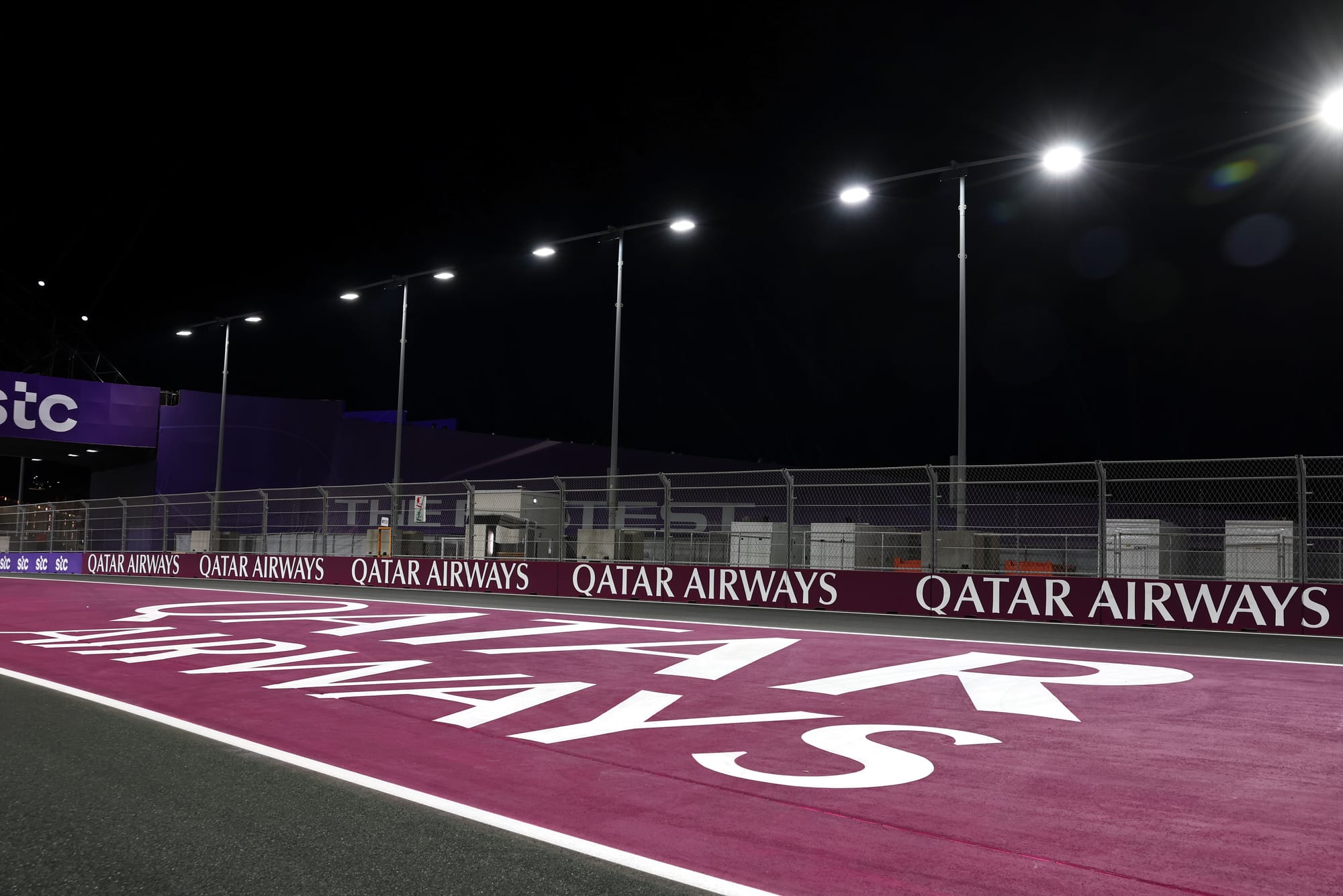
This deal, which Binotto described as a “passion partnership”, means Qatar gets its first serious competitive motorsport investment, with a prestigious partner it already has a stake in - making this investment as mutually beneficial as it gets.
It follows a trend of teams selling minority stakes to big investors, and Qatar becomes the third country in its region to own - or have the option to own - an F1 team. Bahrain’s sovereign wealth fund majority-owns McLaren’s F1 team and Saudi Arabia’s has an option for shares in Aston Martin, which state-owned Aramco is title partner off (and Saudi is already an investor in the car company).
“You need strong partnerships to be able to build up a project that can be successful,” said Döllner.
“That was at least, when we revisited the project a year ago, our conclusion.
“And it does not have to be a country, but you need to share the same strategy, and you need a long-term partner that also knows that it's quite a way to work the project to the top.”
QIA is typically a silent partner although it may choose to be more involved in its F1 team. Qatar Airways, for example, is an existing F1 partner and sponsors several races. Its branding is unsurprisingly prominent this weekend at the country’s grand prix, and it has been linked as a potential sponsor or partner.
Döllner said Audi is taking a “broad” view on a title sponsor linked with the Qatar deal and that the exact make-up is still to be decided, apart from Audi definitely being in the name.
In terms of adding more investment partners in the future - similar to how Mercedes has shored up its works team’s position by reducing its share to one-third ownership alongside team boss Toto Wolff and INEOS - Döllner said there was nothing other than this QIA deal on the radar. But he confirmed there was interest.
“We had other talks and a lot of investors approached us during the last year,” he said.
“But from the moment the conversations began, it was quite clear that we wanted to go that way together.
“QIA is the third biggest investor in Volkswagen, they have a long-term perspective. We know each other.
“It's a partnership with a partner you know and you can rely on.”


